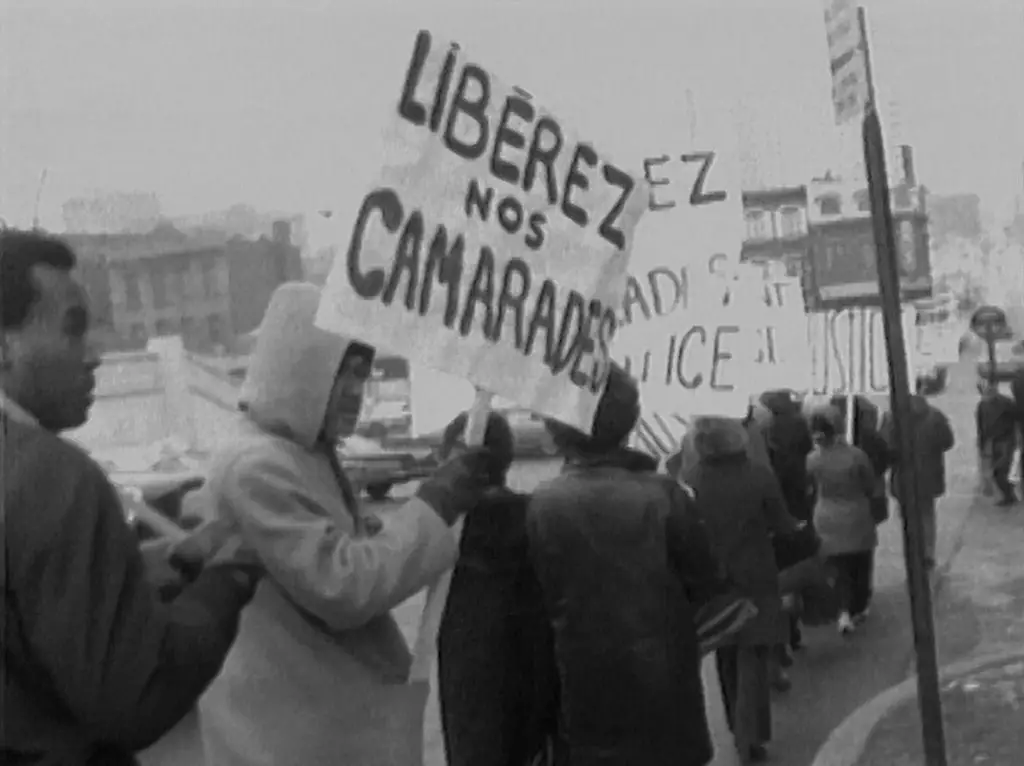For decades, the story of Black activism and civil rights has predominantly centered around iconic cities like Atlanta, Montgomery, New York, and Oakland. These urban centers symbolize powerful moments when collective action challenged systemic racism and reshaped societal norms. However, this narrow lens neglects a critical chapter—Montreal’s lesser-known but profoundly significant contribution to the broader struggle for racial justice. As a center of intellectual dissent and grassroots resistance in the 1960s, Montreal emerges as a crucial node in the Black liberation network, deserving of recognition alongside its more celebrated counterparts.
The historical importance of Montreal is often overshadowed by American civil rights history, yet recent scholarship and documentary projects reveal a different story—one that underscores the interconnectedness of colonial legacies and racially-motivated struggles across the hemisphere. The city became the stage for pivotal events like the Congress of Black Writers at McGill University and the student occupation at Sir George Williams University, moments that ignited a ripple effect across North America. These acts of defiance reflected a burgeoning awareness of racial injustice and a willingness to confront institutional racism head-on. Yet, their stories are seldom included in mainstream narratives, leading to a skewed understanding of the civil rights movement as a solely American or Southern phenomenon.
The Power of Forgotten Voices and Archival Truths
Recent documentary efforts, such as *True North*, are vital in amplifying these overlooked stories. Directed by Michèle Stephenson, a filmmaker rooted in Montreal’s rich cultural tapestry, the film employs rare archival footage and interviews with elders who experienced those turbulent years firsthand. Their testimonies offer an intimate and authentic perspective—an emotional counterpoint to the often sanitized history books. By bringing these voices to light, *True North* challenges us to rethink what we know about Black resistance and highlights Montreal’s role as a crucible of activism during a critical historical juncture.
The film’s emphasis on transnational connections is particularly compelling. It draws links between Caribbean, Canadian, and American struggles, illustrating how colonial histories and systemic oppression transcended borders. Montreal’s unique position as a multicultural city—home to Caribbean immigrants and diverse communities—created fertile ground for activism that challenged both local and colonial injustices. These youth-led protests and academic debates fueled a sense of solidarity that resonated beyond Montreal’s borders, inspiring movements in the Caribbean and the United States. Yet, this trans-hemispheric perspective remains largely marginalized in dominant narratives that tend to focus solely on U.S. civil rights milestones.
Critically, this omission reinforces a limited understanding of liberation movements as geographically isolated or solely domestic phenomena. The narrative must evolve to recognize that struggles against racism in North America are deeply interconnected, rooted in shared histories of colonialism, migration, and systemic exclusion. Montreal’s story exemplifies this interconnectedness, revealing that resistance did not emerge in isolation but as part of a broader quest for justice across the hemisphere.
Why Recognizing Montreal’s Contributions Matters Today
Including Montreal’s contributions in the broader civil rights dialogue has profound implications. It not only offers a more accurate and comprehensive history but also serves as a powerful reminder that resistance is ongoing—and rooted in complex, often unacknowledged histories. The stories of young activists, students, and elders from Montreal shed light on the resilience and ingenuity needed to confront entrenched racism. Their experiences underscore that liberation requires collective memory, acknowledgment, and continuous activism—principles that resonate deeply in today’s ongoing fight against racial injustice.
By critically examining Montreal’s role, we also challenge the centering of American narratives at the expense of local and regional histories. Recognizing this incomplete history fosters a more inclusive, nuanced understanding of the struggles that shaped today’s social justice movements. It urges us to question why certain histories are celebrated while others are suppressed or ignored. It is a call to expand our perspective and embrace a more interconnected truth—one that recognizes Montreal not just as a peripheral player but as a pivotal site of resistance and hope.
### The necessity of such recognition extends beyond academic interest; it fuels contemporary activism by grounding it in a legacy of resilience. Understanding Montreal’s part in this shared history enriches our collective memory, galvanizes future generations, and pushes us to acknowledge overlooked heroes and pivotal moments that have only recently begun to receive their due recognition. Only then can we forge a more honest and inclusive narrative—one that fully honors the global fight for racial justice.


Leave a Reply